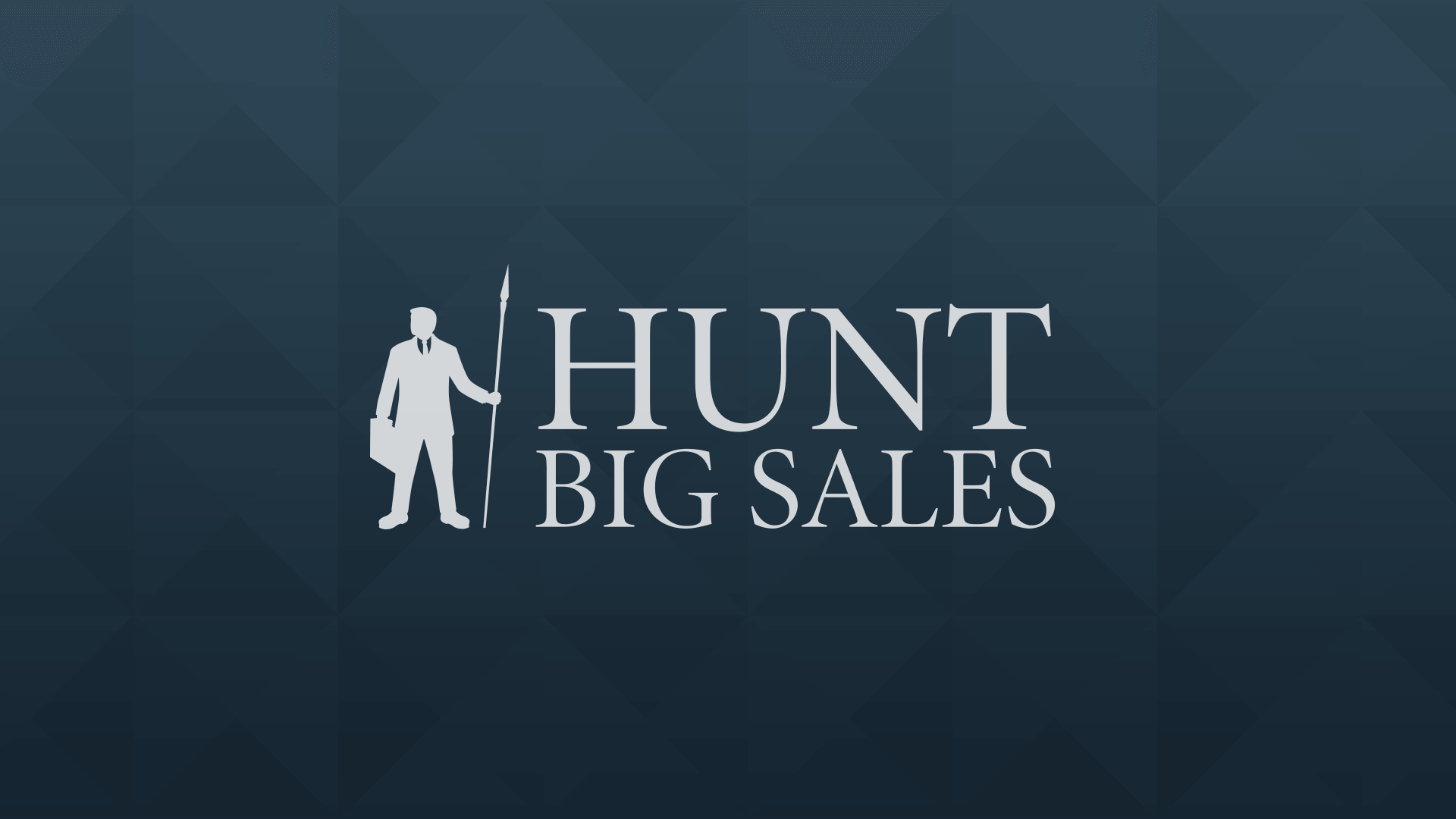A fantastic product isn’t enough. To build your business, use this simple roadmap to focus on the basics.
Fazz’s Hot Sauce makes the world’s greatest hot sauce–just ask Brian Fassbender, the founder, chef, bottler and spokesmodel. In three temperature settings, Hot, Kinda Hot and Not-So-Hot, this Spencer, Iowa, start-up is truly a local labor of love.
Everybody loves his hot sauce. But here’s the trouble: A great product isn’t good enough to make a company succeed.
Brian’s challenges may be similar to yours:
- Distribution
- Promotion and marketing
- More than 40 hours of work per week, less than 40 hours to give
- Expanding operations
- Cash flow
I have run nine start-ups myself–some were winners, and some offered, um, “lessons.” But along the way, I figured out that although great product or great service is the right first step, the next three steps are what really make a difference.
Too often I see new entrepreneurs get distracted by less consequential things–logos, websites, offices and the like. Those are important, but only after you take these first steps.
1. Get Your ‘It’ Right
You have to have a great “it”–an offering to the marketplace. You may cut hair, practice law, make hot sauce or design rockets. Whatever your offering is, you have to have it refined enough that you can produce it regularly and with quality that the market can understand.
As simple as this sounds, it is easy to be enticed to focus on the messaging and branding elements first–they are more fun and sexy. Don’t do it.
2. Figure Out the Money
What system do you use to invoice, collect, keep track of funds and pay taxes? There are lots of great online systems and new tools that make this easier than ever. Just figure this out quickly, so you can focus on the other parts of your business.
Running your business out of your personal accounts is unnecessary, and commingled funds can become a problem quickly. You’ll also probably need some professional advice on legal and financial issues, although you can now get a lot of information online.
3. Build Your Fan Base
The most important thing you need is paying customers. Start simple: Sell your offering to people.
Brian and his partner started by just making their hot sauce and selling it in simple containers; labels are hand-written with a black marker. Guess what? They have a lot of loyal customers paying them–and very little overhead.
Customers are more important than logos. Secure an initial customer base and then start working on the branding tools.
4. Plan to Double
Using the threshold of “doubling” as your guide, you can usually stress test your business. The process is relatively straightforward. For each of the following areas, ask yourself the question, “What will we have to change about our business in these areas to double?”
- Sales
- Operations
- Accounting
- Service
- Cash flow
Then make your plan. For bigger companies, it’s more complicated than that–but when you’re really just starting up, it is that simple. I’ve done it a number of times.
One of the biggest lessons I have learned–through both my own start-ups and those I have advised–is simplicity. Keep focused on the core basics and your chances of success are a lot higher.

